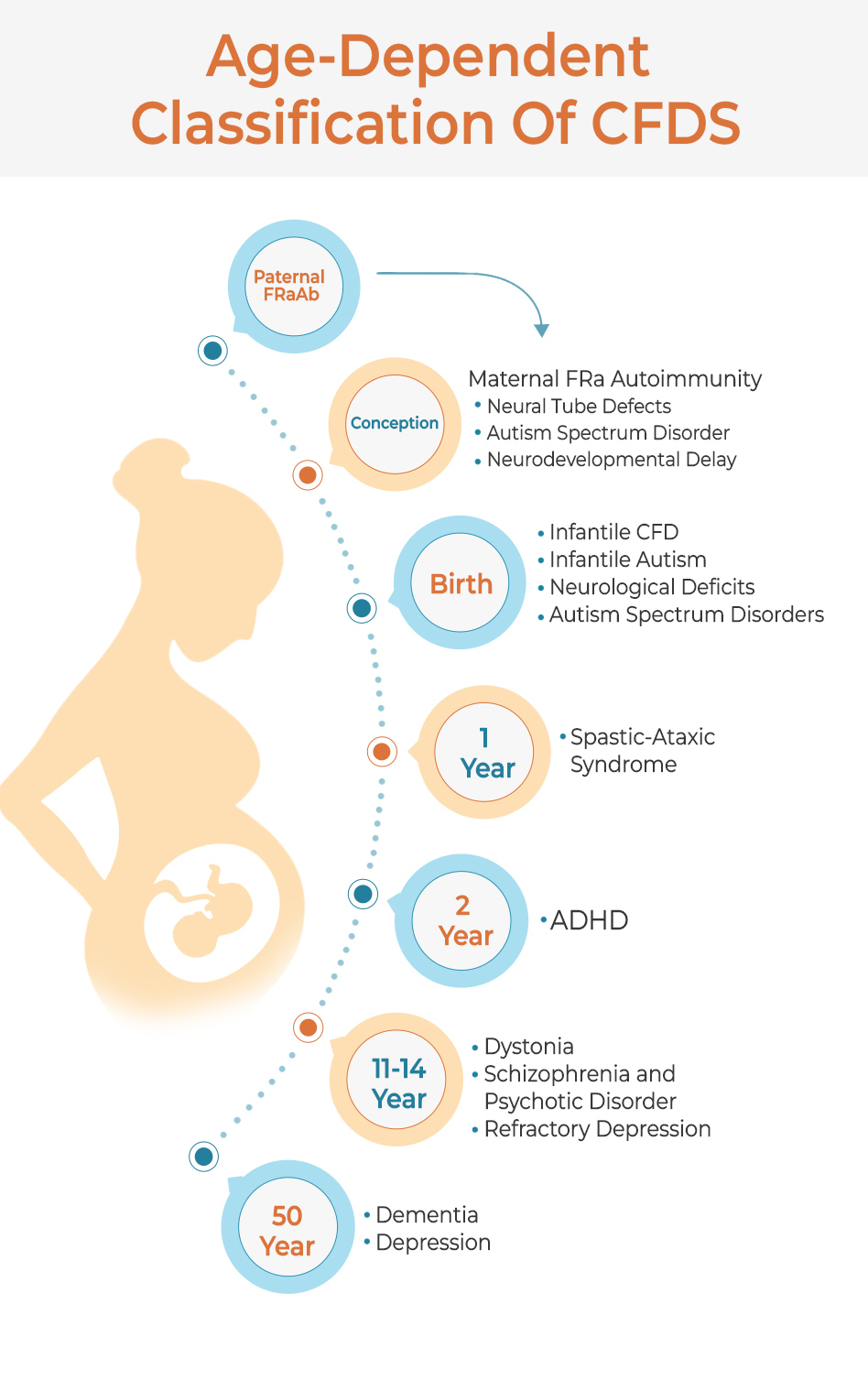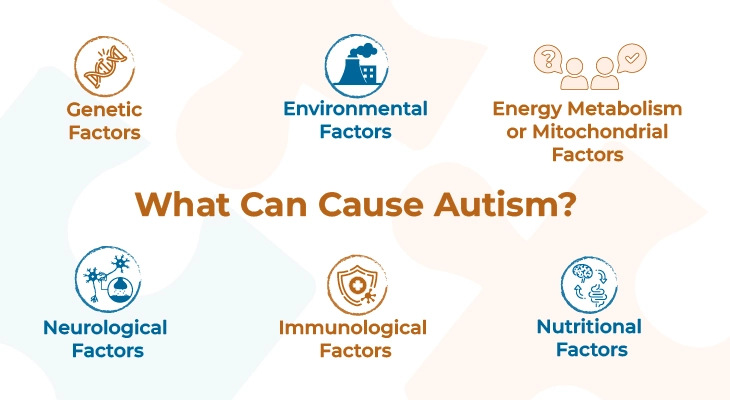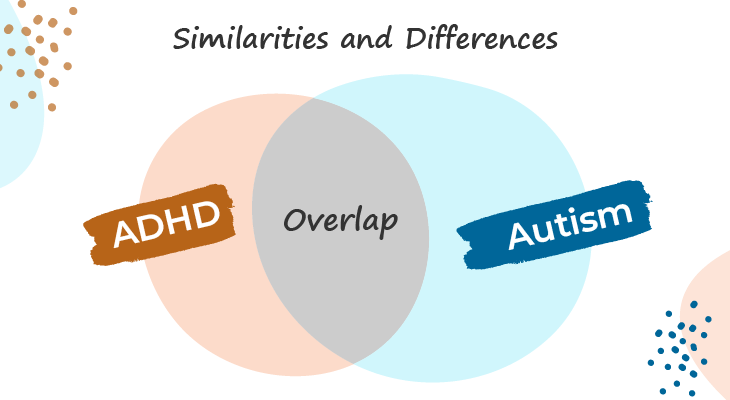Introduction
Autoantibodies are antibodies produced by the immune system that target and attack the body’s own tissues and cells instead of foreign invaders such as bacteria and viruses. Essentially, they are antibodies that mistakenly recognize the body’s own proteins or molecules as threats and mount an immune response against them.
The production of autoantibodies is a key feature of autoimmune diseases, which are conditions where the immune system malfunctions and begins to attack healthy cells and tissues. Some common autoimmune diseases where autoantibodies play a central role include:
- Type 1 Diabetes: Autoantibodies against insulin-producing cells in the pancreas contribute to the destruction of these cells and the development of diabetes.
- Multiple Sclerosis: Autoantibodies may target the myelin sheath surrounding nerve cells, leading to nerve damage and neurological symptoms.
- Celiac Disease: Autoantibodies against components of gluten can damage the lining of the small intestine in individuals with this autoimmune condition.
- Lupus: Autoantibodies target different tissues and organs, leading to a wide range of symptoms and complications.
- Rheumatoid Arthritis: Autoantibodies such as rheumatoid factor (RF) and anti-citrullinated protein antibodies (ACPAs) target joints, causing inflammation and joint damage.
- Hashimoto’s Thyroiditis: Autoantibodies attack the thyroid gland, leading to hypothyroidism (underactive thyroid).
The exact cause of autoimmune diseases and the production of autoantibodies is complex and not fully understood. Genetic predisposition, environmental factors, and dysregulation of the immune system are thought to play roles in their development.
Diagnosing autoimmune diseases often involves detecting the presence of specific autoantibodies in a person’s blood or tissues. These tests can help confirm the diagnosis and guide treatment decisions. Treatment for autoimmune diseases typically aims to suppress the immune response and reduce inflammation to minimize damage to affected tissues and alleviate symptoms.
From the above analysis we can clearly ascertain that autoantibodies, in general, present extensive challenges to overall health and cell function. Most recently, researchers have discovered a new form of autoantibodies that specifically target the folate receptor alpha. This may prove to be a most important and crucial finding.
Now, why is this such an important finding? And what is the folate receptor alpha, exactly? Why is the discovery of autoantibodies against the folate receptor alpha so significant?
FOLATE RECEPTOR ALPHA – What is it and what is its role in overall health?
Folate receptor alpha (FRα) is a protein that plays a crucial role in the transport of the B-vitamin folate (also known as vitamin B9) into cells. Folate is essential for various cellular processes, including DNA synthesis, repair, and methylation, making it vital for the growth, development, and maintenance of cells and tissues in the body. FRα acts as a high-affinity receptor for folate, facilitating its uptake into cells. High-affinity merely means that the receptor recognizes and can readily bring in folate into the cell. It’s a very nice and collaborative relationship!
Most importantly, folate receptor alpha is found in the brain (choroid plexus), placenta, ovaries, kidney and lung, among other tissues. It is responsible for bringing folate into these specific entities.
Some key aspects of folate receptor alpha and its function include:
- Folate Transport: FRα is primarily found on the cell surface, and its main function is to bind folate molecules and transport them into the cell. Folate is necessary for the synthesis of nucleotides (the building blocks of DNA and RNA), which is critical for cell division and growth.
- Cellular Metabolism: Inside the cell, folate is involved in several metabolic pathways, including the conversion of homocysteine to methionine (an important step in methylation reactions) and the synthesis of thymidine (a component of DNA). Methylation reactions are essential for gene regulation and other cellular processes.
- Significant Role in Pregnancy: Folate is especially important during pregnancy as it is required for proper fetal development, including the formation of the neural tube, which develops into the baby’s brain and spinal cord. Deficiencies in folate can lead to neural tube defects in the developing fetus. Folate receptor alpha enables proper folate metabolism.

Download Download & share this infograph in your network [Free Download]
For information on autism monitoring, screening and testing please read our blog.




